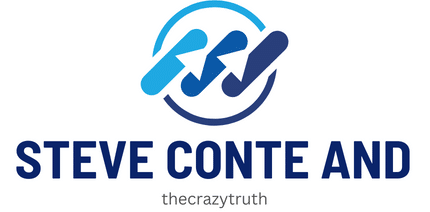Registered agents vs. business owners: understanding who needs what

When starting or managing a business in the U.S., there are many legal responsibilities to keep in mind. One of the most important, yet often misunderstood, roles is that of the registered agent. While some business owners may assume they can take on this role themselves, understanding the differences between a registered agent and a business owner’s responsibilities is essential for ensuring compliance and efficient operations. This article explains the key distinctions between the two, and why every business should know who is responsible for what.
What is a registered agent’s role?
A registered agent is a third party designated to receive important legal and tax documents on behalf of a business. You can click on https://boostsuite.com/ for more details. This includes things like service of process in case of lawsuits, tax notifications, and other government correspondence. Every LLC, corporation, or partnership is required by law to have a registered agent in the state where they are registered to operate. The registered agent must have a physical address in that state and must be available during regular business hours to ensure that important notices are received and handled in a timely manner.
A lire en complément : How to Leverage Virtual Assistant Technology to Improve UK Small Business Productivity?
Why business owners should not always be their own registered agents
Although it is legally possible for a business owner to act as their own registered agent, this is often not the most practical or beneficial solution. For one, being a registered agent requires the business owner to be physically present at a designated location during standard business hours. This limits the owner’s flexibility, especially if they travel frequently or have multiple business locations.
Another critical concern is privacy. If a business owner acts as their own registered agent, their personal or office address becomes public record. This means that any legal notices, including lawsuits, are delivered to the business owner's address, potentially in front of employees, clients, or customers. Using a third-party registered agent service allows business owners to keep their home or business address private, reducing the risk of unwanted visitors or solicitations.
A lire aussi : What Are the Key Success Factors for UK Luxury Car Brands in Emerging Markets?
Advantages of professional registered agent services
Professional registered agent services are designed to help businesses remain compliant with state laws while providing the owner with peace of mind. These services are well-versed in managing important legal documents and notifications. By acting as a buffer between the government and the business, a registered agent service ensures that all legal and official notices are received promptly and processed correctly, preventing costly mistakes.
Additionally, most professional registered agent services offer value-added features such as online document storage, compliance reminders, and easy access to important information through a secure portal. These benefits make it easier for business owners to stay organized and meet filing deadlines without worrying about the logistics of handling legal documents themselves. For a relatively low cost, a registered agent service offers the convenience of managing these essential tasks, allowing the business owner to focus on growing and managing their company.
Legal consequences of not having a registered agent
Failure to maintain a registered agent can lead to severe legal and financial consequences for a business. In many states, if a business does not have a registered agent on file, the state may revoke its good standing, which could result in the inability to legally conduct business. Moreover, missed legal notifications can lead to default judgments in court cases, penalties for missed tax deadlines, and other avoidable legal troubles.
In summary, understanding the distinct roles of a registered agent and a business owner is important for any U.S. company. While business owners can technically serve as their own registered agents, the disadvantages, including limited flexibility, privacy concerns, and legal risks, often outweigh the benefits. Professional registered agent services offer a practical, cost-effective solution that ensures compliance and allows business owners to focus on running and expanding their businesses.
